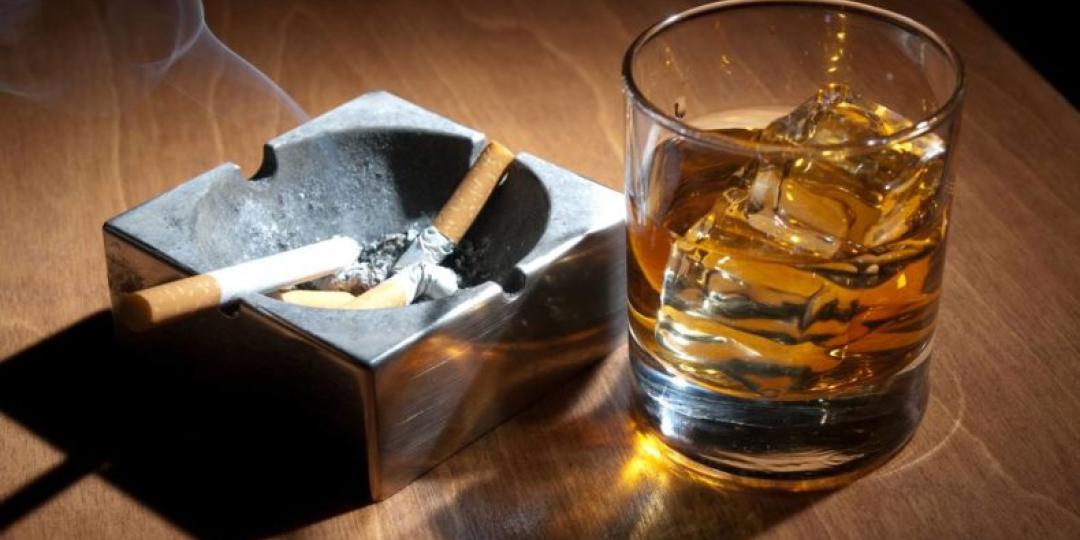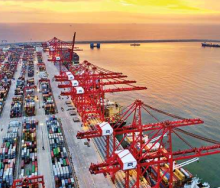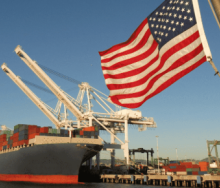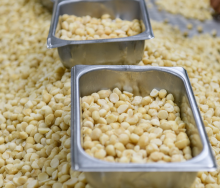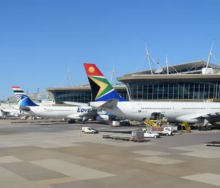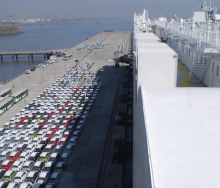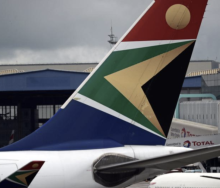On the first day that South Africa’s economy is seeing the reintroduction of alcohol and cigarette sales, the latter having been banned since the lockdown started on 26 March, the true impact of restricted trade in the ‘vice’ sector is expected to affect supply chains for years to come.
Prior to President Cyril Ramaphosa’s sudden about-turn against liquor sales in early July, when he re-banned the sale of alcohol after allowing it under stage four of the lockdown, SA Breweries warned that grassroots participants in its value chain had been hit hardest by South Africa’s Covid-19 prohibition.
Addressing an economic fallout webinar prior to the second booze ban, SAB entrepreneurship manager Barbara Copelovici said the two-month-long ban “had a massive impact on our supply chain.
“We tried to get a lot of smaller suppliers to work with us but unfortunately it created some sort of dependency.”
The ban, she stressed, had totally scrapped if not halved the income of SAB’s rural value chain distribution network.
“The destructive snowball effect on the entire ecosystem,” Copelovici spoke of back then, is now anticipated to be far worse once SAB has taken stock of the negative externalities of the Covid-19 lockdown.
Hard facts of what could’ve been prevented had the second ban not been foisted on the liquor trade by an inflexible government acting on public health service advice that increasingly seems ill advised, were recently revealed when it emerged that the first six weeks of the lockdown alone had resulted in a tax loss of R15.4 billion.
A further R13 billion was recently mentioned as being lost to the fiscus.
As for job opportunities, 118 000 positions are at stake as the liquor industry takes it first step to economic recovery following this morning’s reintroduction of sales and distribution.
Kopelovici indicated that despite its best efforts to sustain small-scale value chain partners through moving personal protective equipment to combat Covid-19, liquor distribution was one of its primary functions without which it could not guarantee entrepreneurial interventions in the long term.
As for the ban on the sale of tobacco, Telita Snyckers, author of Dirty Tobacco: Spies, Lies and Mega-Profits, last night told radio broadcaster Bruce Whitfield that the ban would have an enduring effect on South Africa’s consumer market as it had irrevocably changed behaviour.
She said smokers had developed a taste for illicit cigarettes, so much so that legal distributor British American Tobacco was expected to have permanently lost market share to contraband brands and traders, with significant ramifications for a fiscus already under duress.
With regard to alcohol sales, the same can be said for the rise of bootlegging in South Africa where even centuries-old wine farms, steeped in heritage and viticulture, have been found to seek out cracks through which banned product could be shipped and sold.
Basically it seems that the bans have succeeded in turning South Africa into a society of smugglers.
